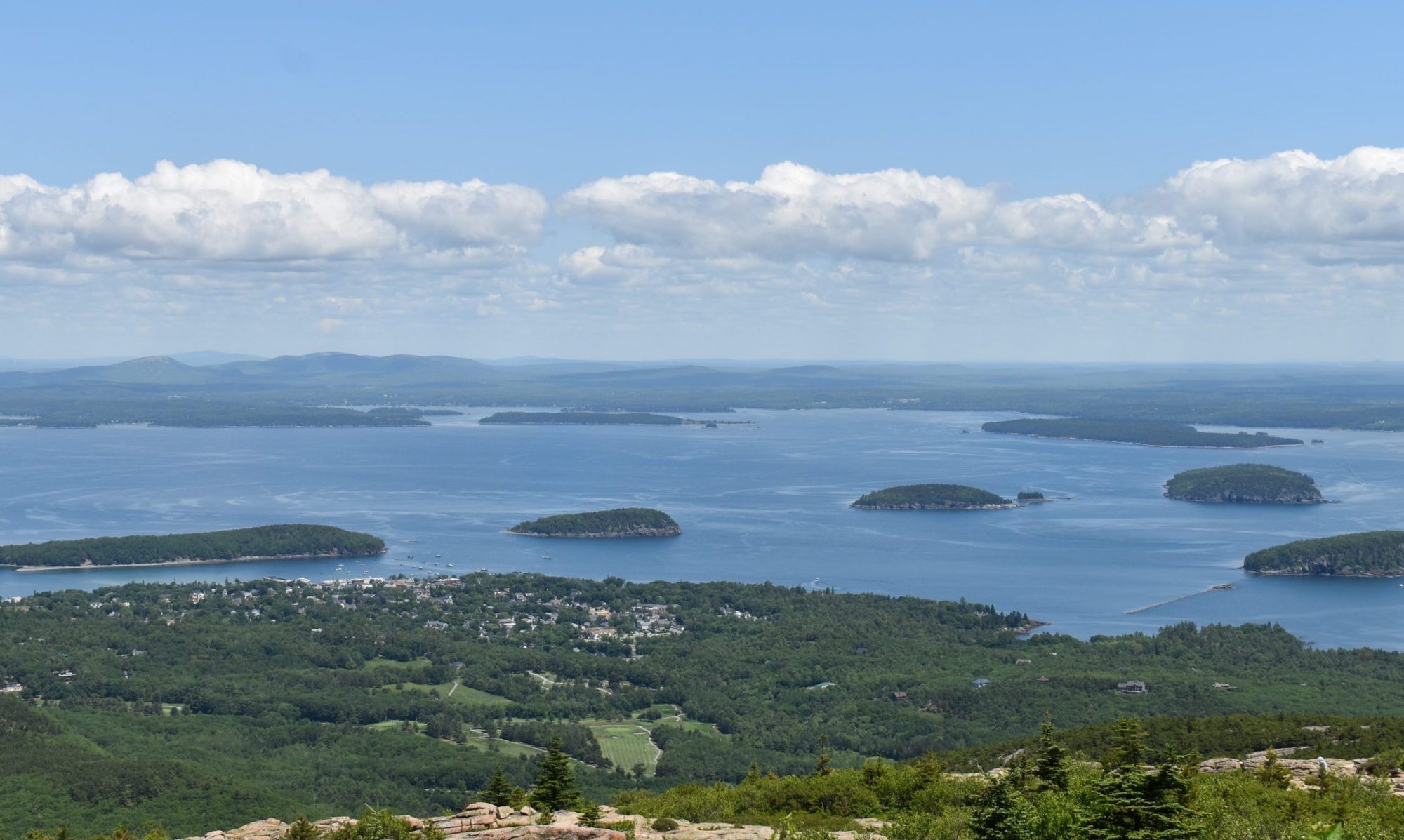Seasonal Safety
Summer Safety
Summer is one of the most popular times for Acadia National Park. This means areas get busy, crowded, and dangerous. The best way to stay safe is to adequately prepare and be aware of hazards. Below are a list of general safety precautions.
-
- Check the weather before going out as the summer weather in Acadia can be unpredictable.
- Wear sunscreen even on foggy days.
- Drink plenty of water and make sure to hydrate.
- Do not disturb or feed wildlife, including birds.
- Keep pets on a leash.
Winter Safety
There are various recreation activities to do in winter in Acadia. Below are some of these activities with their corresponding safety precautions.
-
- Cross-Country Skiing - Acadia's carriage roads are the perfect place for cross-country skiing in the winter. Here is a map of routes groomed by the Acadia Winter Trails Association.
- Ice Fishing - Generally done from January through March, ice fishing can be done on Acadia's various ponds and lakes. All fishing regulations set by the National Park Service and the state of Maine must be followed. Make sure to ensure the ice is thick enough to support your weight as to not fall through.
- Snowmobiling - Snowmobiling is allowed along Park Loop Road, including the road up Cadillac Mountain as well as most fire roads. Follow the snowmobile regulations and utilize the Hulls Cove Visitor Center parking lot to access the winter snowmobile routes.
Want More Information on Staying Safe During Your Hike?
Discover more information about hiking safety on our Hiking Info page as well as the NPS website using the links below.
Want More Winter Safety Information?
Discover more information about winter safety using the links below.
Water Safety
Because of Acadia's abundance of lakes, ponds, and ocean areas, many visitors enjoy taking park in various water-related recreation activities. Keep in mind, however, that freshwater ponds and lakes used for public drinking water are not permitted for swimming, boating, etc. Below are some of these activities with their corresponding safety precautions.
-
- Swimming - There are several hazards to account for when swimming in Acadia. If swimming in the ocean, be cautious of water currents that can tire you out and sweep you away from shore. Also, the cold water of the ocean can shock your muscles and make it difficult to swim. Lastly, sharp rocks can cut your feet or be slippery. If swimming in a lake or pond, keep these same things in mind, but also be weary of other underwater hazards such as trees and know that the distance across the water is greater than it looks.
- Boating - When boating, PFDs are required. Be cautious of fog, tidal currents, and bigger boats that may not see you. Try your best to keep distance from all wildlife, including birds.
- Tidepooling - Stay low and take it slow. Make sure to wear closed-toed shoes that have good grip. Never step on rocks covered in seaweed as they are immensely slippery and you are likely to fall. Keep your eyes on the water and be wary of the rising tide. Pay attention and keep small children close.
Want More Water Safety Information?
Discover more information about water safety using the links below.
Road Safety
When driving in Acadia National Park, there are several things to pay attention to:
-
- If you are parking along the one-way section of Park Loop Road, make sure to park with all four wheels on the right lane of the asphalt.
- Keep good distance (at least 3 feet) from pedestrians and bicyclists.
- Watch out for wildlife - especially deer as there are many around Mount Desert Island.
- Wear your seatbelt at all times.
- Do not drink and drive.
Want More Road Safety Information?
Discover more information about staying safe on the roads and other general safety information using the links below.

